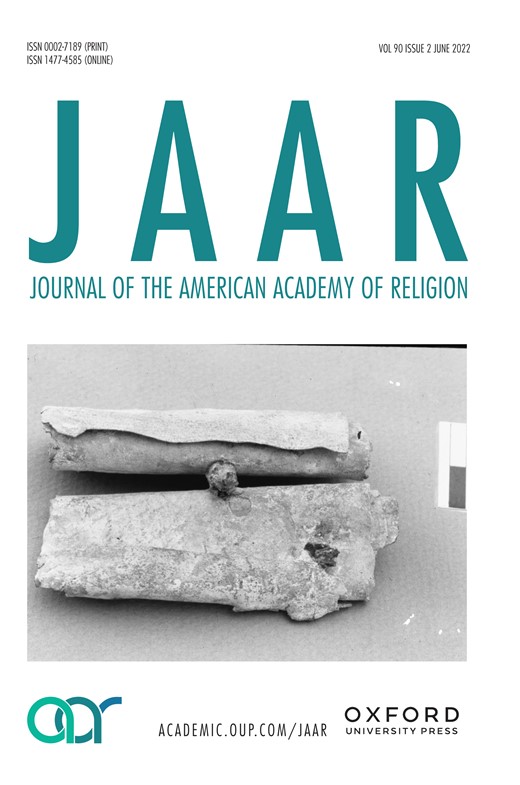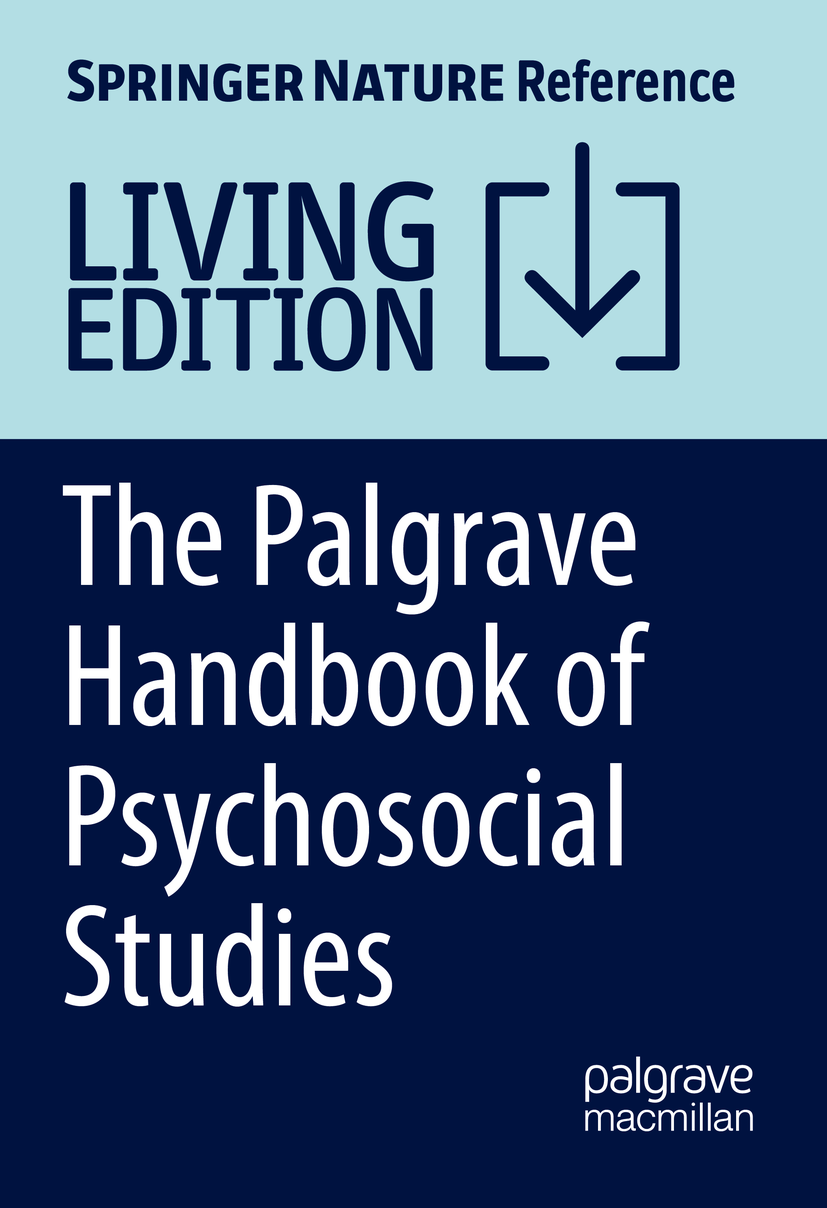This article centers the Islamic philosopher ʿUthman Amin in order to explore the intellectual exchange
between Muslim and Christian scholars in twentieth-century Egypt. Specifically, I look at inwardness, intellectual dialogue, and interreligious friendships in a field that has traditionally been dominated by scholarship on the relationship between Islam and politics or Islam and the law. I elucidate Amin’s philosophy of inwardness and its attendant virtues of seclusion, spiritual contemplation, and the jihad of the self—paying particular attention to reading as an illuminative embodied practice—through the lens of an Islamic discursive tradition. How might we understand the concept of an Islamic discursive tradition, as a philosophy of reasoned and embodied religion, within the context of such interreligious encounters? Amin, I argue, was engaged in an experimentum mentis in which inwardness provided an angle of lucidity from which Islam and Christianity could gaze upon one another. In so doing, I demonstrate the heuristic value of theorizations of tradition by Alasdair MacIntyre and Talal Asad to studies of interreligious encounter and scholarly exchange.
Tag: religion
Colonialism and Postcolonial Theory: Race, Culture, and Religion in Psychosocial Studies
“If,” as Robert Young notes, “‘so-called post-structuralism’ is the product of a single historical moment, then that moment is probably not May 1968 but rather the Algerian War of Independence.” We might also argue that the most radical reconfiguration of psychosocial studies likewise occurred under the duress of that War. The rethinking of relations between Self and Other spawned by the colonial encounter, first in the Antilles and later most dramatically in Algeria, led Frantz Fanon (1925–1961) to successively theorize the psycho-existential implications of the juxtaposition of the races and the psychopolitics of colonialism. Taking Fanon as its pivot, this chapter looks backwards and forwards from the 1950s, proceeding episodically and geohistorically in order to understand the interconnections between psychosocial studies, colonialism, and postcolonial theory. First, I explore the figure of the non-European in psychoanalysis and ethnopsychiatry. Second, I turn to the work of Frantz Fanon and the scholars who have written in his shadow, investigating the fictions and antinomies of (post)colonial constructions of race. I then problematize the status of ‘culture’ and ‘religion’ by identifying a central aporia within psychosocial studies, namely the question of religion and the secular. How might rethinking the secular open up both the archive of psychosocial studies and the question of ethics? Finally, I end with a discussion of our present moment, touching on decolonial works that seek to interrogate whiteness. Rather than a comprehensive and exhaustive review of the literature, this chapter engages texts that address the interstitial space between psychology and politics, metropole and colony, with an emphasis upon ethics as it relates to the theory and clinical practice of psychosocial studies.

